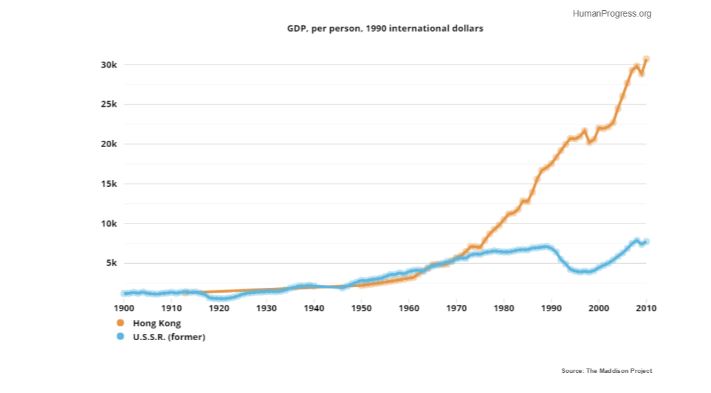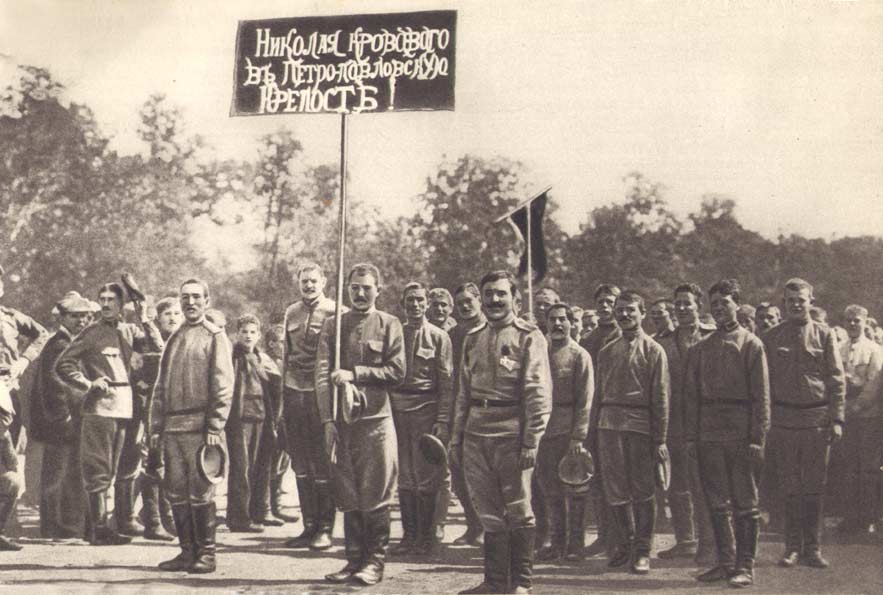As 2017 enters its final months, leaders in the United Kingdom and in the United States wrestle with some momentous decisions. In Britain, Dr Liam Fox, the Secretary of State for International Trade, is beefing up his department with the intention of negotiating free trade agreements for the post-Brexit era, while Donald Trump, the American President, howls at his White House staff, “I want tariffs. And I want someone to bring me some tariffs.”
As our leaders set their sights on reconstituting British and American trade relations with the rest of the world, they should keep two dates – 1817 and 1917 – in mind.
Individuals have traded with one another, it is safe to assume, since before the birth of our species some 300,000 years ago. Long-distance trade between groups of peoples, historians estimate, goes back at least 150,000 years. But, it was only in 1776 that the Scottish founder of economics, Adam Smith, formulated the concept of absolute advantage as the basis for trade between countries.
“If a foreign country can supply us with a commodity cheaper than we ourselves can make it, better buy it of them with some part of the produce of our own industry employed in a way in which we have some advantage. The general industry of the country, being always in proportion to the capital which employs it, will not thereby be diminished … but only left to find out the way in which it can be employed with the greatest advantage.”
But what if a country is the best at producing absolutely everything? What incentive does that country have to trade with others? Enter David Ricardo, another Briton. In 1817, which is to say exactly 200 years ago, Ricardo developed a theory of international trade that he called comparative advantage. According to Ricardo:
“If a country is relatively better at making wine than wool, it makes sense to put more resources into wine, and to export some of the wine to pay for imports of wool. This is even true if that country is the world’s best wool producer, since the country will have more of both wool and wine than it would have without trade. A country does not have to be best at anything to gain from trade. Because it is relative advantage that matters, it is meaningless to say a country has a comparative advantage in nothing.”
Yet, the concept of comparative advantage is little known outside of academia and it is subject to much misunderstanding. In fact, when the Nobel Prize-winning economist Paul Samuelson was once challenged to name “one proposition in all of the social sciences which is both true and non-trivial”, he quipped, “That [comparative advantage] is logically true need not be argued before a mathematician; that it is not trivial is attested by the thousands of important and intelligent men who have never been able to grasp the doctrine for themselves or to believe it after it was explained to them.”
Fast forward to 1917, which is to say one hundred years after Ricardo’s monumental discovery. On November 7 of that year, a small band of Bolsheviks seized power in Russia and set the stage for one hundred years of struggle between capitalism, exemplified by free trade, and socialism, exemplified by autarky or self-sufficiency. (The struggle continues in Cuba, North Korea, Venezuela and other, less stark, examples, of anti-capitalist mentality.) So, what was the Bolsheviks’ big idea?
As I have explained in a previous column, Vladimir Lenin, the founder of the Soviet Union, believed that international trade was a tool of capitalist exploitation. “As capitalist economies mature, as capital accumulates, and as profit rates fall,” his followers believed, “the capitalist economies are compelled to seize colonies and create dependencies to serve as markets, investment outlets, and sources of food and raw materials.” To avoid being exploited, the Soviet Union would aim for self-sufficiency.

Things did not work out the way that Lenin envisaged. As yet another great British economist and international trade specialist, Joan Robinson, of Cambridge University once observed (possibly with Lenin in mind), “The misery of being exploited by capitalists is nothing compared to the misery of not being exploited at all.” During the second half of the 20th century, Hong Kong, which has become a byword for the policy of free trade, saw its wealth skyrocket. The autarkic Soviet Union stagnated and, eventually, collapsed.
The case for free trade is solid. Gregory Mankiw, professor of economics at Harvard University has noted that ″Few propositions command as much consensus among professional economists as that open world trade increases economic growth and raises living standards.” Liam Fox understands that. He has embraced the vision of international trade as outlined by Ricardo in 1817. Donald Trump, unfortunately, seems to see international trade as a means of exploitation of one country by another. He should heed the failures of 1917.
This first appeared in CapX.

